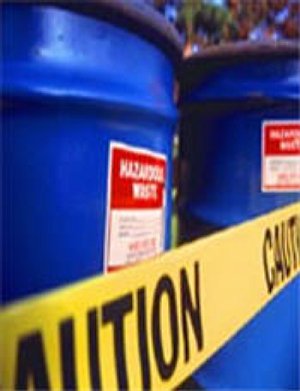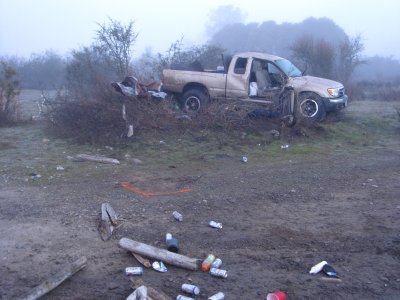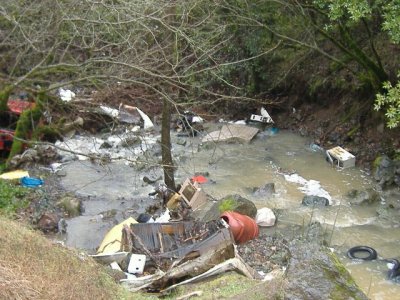- Editor
- Posted On
Audit: Emergency officials wary of providing public documents

A nationwide information audit, conducted as a prelude to Sunshine Week, found slightly more than four in 10 of the official gatekeepers willing – if wary – to provide copies of emergency response plans, which federal law makes public.
Other local officials, however, reacted to requests with confusion, outright denials and sometimes by calling police to check out the auditors. Many weren’t sure who had the authority to release the reports, or even where the documents were located.
More than a third of public officials audited refused to provide access to their local Comprehensive Emergency Response Plan – which is mandated by the Emergency Planning and Community Right-to-Know Act of 1986 as a public document. Another 20 percent provided only partial reports.
Those denials stood in stark contrast to the experience of other auditors, many of whom were offered copies of the report in either paper or disc form; 48, or 12 percent, of the 404 communities put the reports online.
The audits were conducted in early January, when reporters, civic group members, students and other volunteers visited their Local Emergency Planning Committee, which prepares the reports outlining emergency response in the event of a chemical or hazardous material accident. The 1986 law not only says the plans are public, it also requires the local officials to advertise their availability once a year.
In all, 162 news organizations participated as requestors, along with three student newspapers and eight League of Women Voters chapters. This report is built on a database of their experiences and offers a snapshot of the difficulties citizens may face when they request public information that may be considered sensitive.
The audit is a project of the American Society of Newspaper Editors, the Coalition of Journalists for Open Government, the National Freedom of Information Coalition and the Society of Environmental Journalists for Sunshine Week 2007, March 11-17. Sunshine Week is an open government initiative spearheaded by ASNE. Entering its third year, the program encourages newspapers, broadcasters, online content producers, schools, libraries, civic groups and others to engage in discussions about the importance of protecting public access to government information and meetings. It is supported by a grant from the John S. and James L. Knight Foundation.
Overall, there were 404 audits conducted in 37 states and Puerto Rico. The emergency response plan was provided in full to 177 requestors, or 44 percent of the total. One official in Iowa told the auditor that he was delighted to see a citizen seeking the report: "We need more awareness on what to do during an incident for the safety of everyone."
Officials around the country who denied requests, however, frequently cited national security or terrorism concerns – or even, incorrectly, the USA PATRIOT Act. In fact, the law provides for separating any sensitive information the local responders gather in preparing the plans. Several auditors were told they were getting the document because they didn’t "look like terrorists." In all, 20 percent of auditors, or 82 requestors, received the plan only in part, and 36 percent, 145 requests, were denied.
In some cases, officials ran background checks on citizen auditors or sent police to follow them. The highway patrol in one state even launched an all-county alert seeking more information about one requester. In several states, officials sent e-mails to colleagues in other emergency planning agencies warning of the audit.
A handful of the officials asked for the report apparently did not understand the request and did not appear eager to help. Several also were working out of their homes or businesses, although that did not necessarily hinder disclosure.
The full report can be viewed online at http://www.sunshineweek.org/files/audit07.pdf. It includes data charts as well as recaps of auditors' experiences.
{mos_sb_discuss:6}

 How to resolve AdBlock issue?
How to resolve AdBlock issue? 









